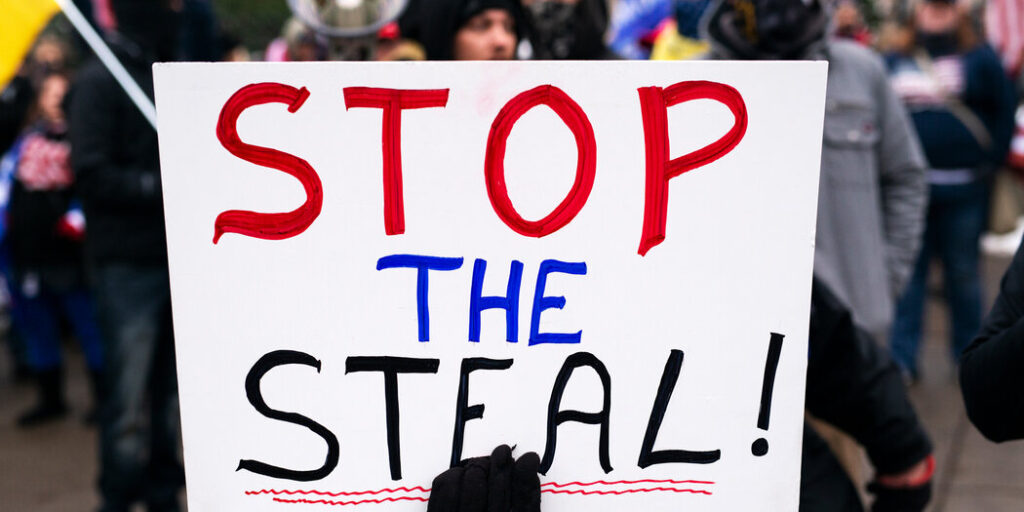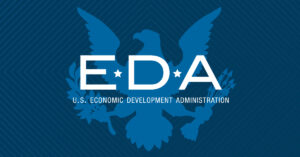Pre-Election Litigation Strategy Resurfaces in 2024
As the 2024 elections approach, a familiar strategy has emerged, echoing tactics from previous election cycles. The approach involves filing numerous lawsuits before Election Day, alleging issues such as inflated voter rolls and unlawful voting practices. This strategy is designed to lay the groundwork for contesting election results if they are unfavorable to certain right-wing groups.
Conservative activists and groups dedicated to election skepticism have initiated numerous cases across key swing states. These lawsuits seek to empower local election boards to refuse certification of results, exclude late-arriving mail ballots, and impose stricter regulations on voting methods, including overseas and military voting. Additionally, these suits aim to limit ballot drop boxes, enforce aggressive voter roll purges, and tighten absentee ballot procedures. Despite variations, these legal actions share a common objective: to sow doubt about the integrity of American elections.
The legitimacy of these cases is questionable, as they often rely on debunked conspiracy theories and unfounded allegations of widespread voter fraud. Many claims, such as fears of noncitizen voting, lack supporting evidence. Legal analyst sources, such as the Brennan Center, emphasize that noncitizen voting is practically nonexistent and that states have systems in place to prevent it.
Furthermore, many plaintiffs do not appear to be pursuing immediate court victories. In numerous instances, activists have not sought urgent court interventions to address alleged voting system flaws. A representative from United Sovereign Americans, involved in multiple lawsuits, admitted their objective is to “pre-position standing” for post-election challenges, despite preemptive lawsuits not meeting legal standing requirements.
Several lawsuits echo failed attempts from the past. A recent Michigan case on voter purges mirrors previous unsuccessful efforts, leading to its dismissal by a federal court.
Even if the claims were substantiated, the sought-after legal remedies, such as halting election certification, are extreme. Over 20 cases assert that states inadequately manage voter rolls, yet the proper remedy is routine maintenance of these rolls, not discarding legitimate votes. Certification of election results is a legal obligation for officials, as highlighted by resources like the Brennan Center’s report on certification processes.
Judicial systems are expected to dismiss these lawsuits, much like the post-2020 election cases. However, the goal of these legal actions may extend beyond courtroom victories. By maintaining litigation, activists aim to influence public perception, particularly among those who question election integrity and the legitimacy of past electoral outcomes.
The situation is reminiscent of previous elections, and awareness of these tactics should prevent them from eroding public trust. These lawsuits are perceived as more smoke than substance, serving as a strategic maneuver rather than genuine legal challenges.





